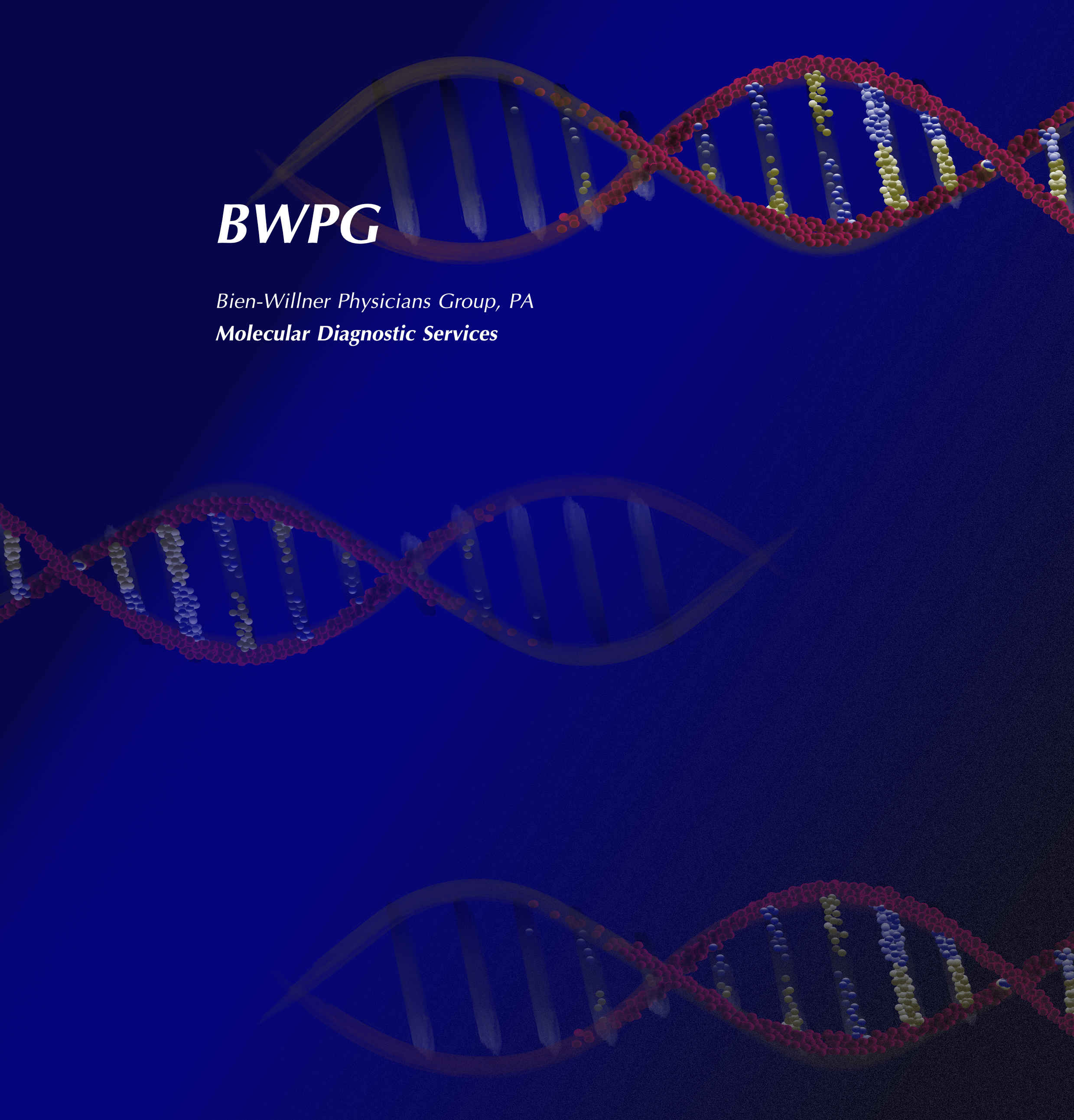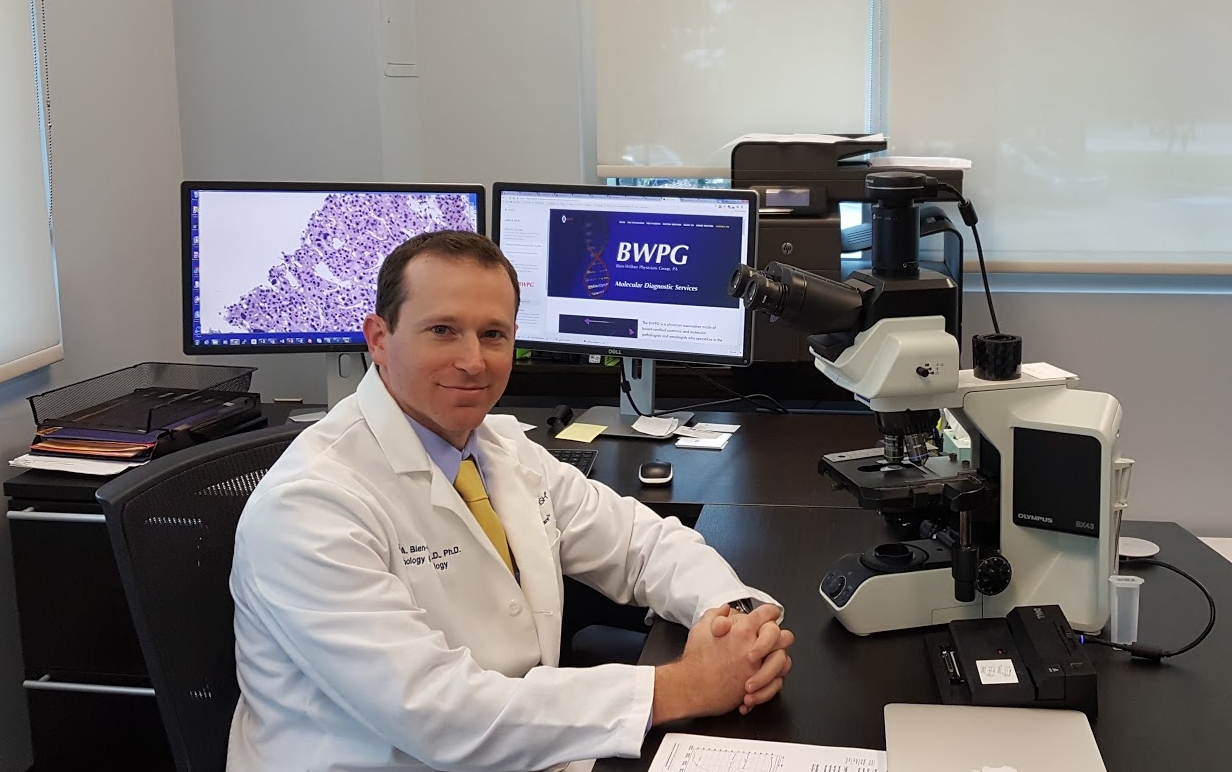
Enabling Precision Medicine- Providing Molecular Expertise to All
About precision medicine
The practice of oncology is rapidly evolving as we gain new insights into the genetic events that drive cancer. New technologies like Next-Generation Sequencing (NGS) provide genomic information to individual patients, and provide data that we thought impossible just a few years ago. This knowledge can be used to tailor therapy, not based on outdated ideas, but on actual mechanisms of disease for each individual patient.
What we do
We seek to fill the gap between the clinical laboratories and the practicing oncologists.
NGS is not a typical lab test, but a complex assay with billions of variables that requires professional, expert interpretation to be utilized.
Proper interpretation requires expert knowledge of genetics, genomics, anatomic pathology, and oncology practices.
Who we are
The BWPG is a physician association made of board-certified anatomic and molecular pathologists and oncologists who specialize in the practice of precision medicine.We are medical experts who provide services in the precision medicine space, leveraging new technologies and methodologies.
We offer a range of services including molecular and Next-Generation Sequencing (NGS) testing and reporting, patient consultations, and laboratory support.
Our Goal:
Decentralize Molecular Diagnostic expertise to all, not just those within driving distance of top academic medical centers.
“Through science and technology we can improve cancer patient care.”
BWPG in Precision Medicine
In the News....
Articles by or about our staff:
Enabling a Precision Medicine Program at a community cancer hospital
On being a Molecular Pathologist
Precision medicine vs. Evidence based Medicine
Mapping the Future of Cancer Treatment (page 15 of Journal)
Personalized Medicine and the Novel Variant: The case for Predictive Modeling
What is unique about precision Medicine?
Cancer is generally considered a GENETIC disease. This does not imply heredity in most cases, but that genes that drive tightly-controlled cellular processes are altered, leading to uncontrolled cellular proliferation (i.e., cancer).
Next-Generation Sequencing (NGS) allows for massively parallel sequencing of many genomic loci concurrently. This allows us to see “under the hood” of the tumor, and identify what cellular processes have gone awry in this tumor. Knowing these processes is beneficial, because targeting these altered pathways gives us the best opportunity to stop the aberrant pathways and thus stop the malignant processes.
This is the principle of Precision Medicine
Services
Top quality testing, personalized case interpretation by the world's experts
BWPG works with top laboratories to bring you the highest-quality and robust tumor testing platforms. We provide our expertise to ensure you are not left with a list of gene mutations, but with a true explanation of the results of a very sophisticated assay.






